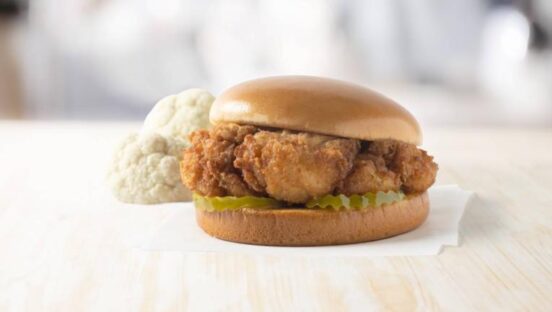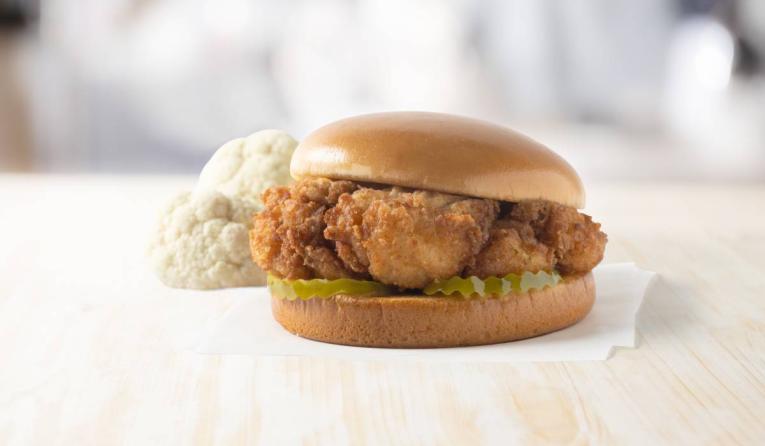We’ve been through a lot in the 21st century and have certainly seen our fair share of conflicts. But nothing has been more harrowing than the quick-service industry’s “Chicken Wars,” which shook the advertising community from 2019 to 2021. While I make this statement in jest, for the past three years, marketers have tried to one-up the competition. The flashpoint for this titanic struggle was the beloved chain Popeyes—and we’re still talking about who won.
The Chicken Wars have sparked a debate: what conflicts lay in wait? A pumpkin spice showdown between coffee companies? Battle of the beloved specialty items, like the Shamrock Shake or Filet-O-Fish? In this quick-service Cold War, marketers are already preparing for the next hot item that will incite a massive creative competition. All signs point toward plant-based meats and options as the next frontier.
Increased consumer awareness around the health and environmental impact of animal-sourced proteins has led plant-based meats to increase in popularity. Bloomberg Intelligence predicts that plant-based foods will continue to comprise a bigger share of menus, to-go bags, and diets, potentially growing from a $29.4 billion market in 2020 to more than $162 billion in 2030. This prediction especially makes sense when you consider that plant-based food sales in the U.S. increased by 6.2 percent in 2021, 3.3X faster than the 1.9 percent growth for total food sales, according to the Plant Based Foods Association.
Gen Z leads this trend, as it does with many others. According to Technomic’s 2020 Center of the Plate: Seafood and Vegetarian Consumer Trend Report, Gen Z consumers sit ahead of the pack when it comes to routine consumption of vegetarian and vegan options, with 63 percent consuming vegetarian or vegan dishes at least once per month, and 44 percent doing so once or more a week. Earlier this year, Chick-fil-A released a Cauliflower Sandwich in select markets like Denver to meet growing demand for increased meat-free options. This demand will only increase as Gen Z ages and comprises a greater proportion of quick-service consumers.
These quick-service battles spur far-reaching and passionate organic interest, challenging advertisers to step it up across owned channels and through public relations. Once word of mouth becomes the primary driver, your quick-service brand has won. A combination of product, timing, and literal consumer appetite has emerged as the secret recipe for success. Loyalty programs play a role in driving and maintaining brand affinity, with major chains including Wendy‘s, White Castle, and Taco Bell launching new offerings. Self-competition drives success, as consumers look to meet their last best record to collect rewards in a price-conscious environment.
Advertising stirring passions through competition remains an attractive strategic gambit, especially in the quick-service industry. Today, through a combination of market, cultural, and financial factors, it may find its moment once again through a different food type. To build and maintain a rapid fanbase amidst a looming recession, quick-service brands must engage consumers through the right mix of owned social and third-party buzz, hooking them with the promise of a (potentially meat-free) reward for their continued loyalty.
Alex Sharkey brings more than 10 years of strategy experience in an array of industries, including Automotive, Retail, Consumer Packaged Goods (CPG), Business-to-Business (B2B), and Technology, among others. He joins Big having most recently served as Director of Brand Strategy for Fort Lauderdale, Florida-based Zimmerman Advertising. Prior to Zimmerman, Sharkey served in multiple strategy director roles, leading trend research and analyses, brand repositioning and key product launches, and content and communications strategies for such global brands as Coca-Cola Co., Acura, Lexus, The Ritz-Carlton and HSBC Holdings, among others.









